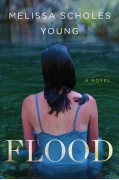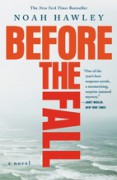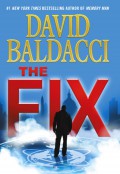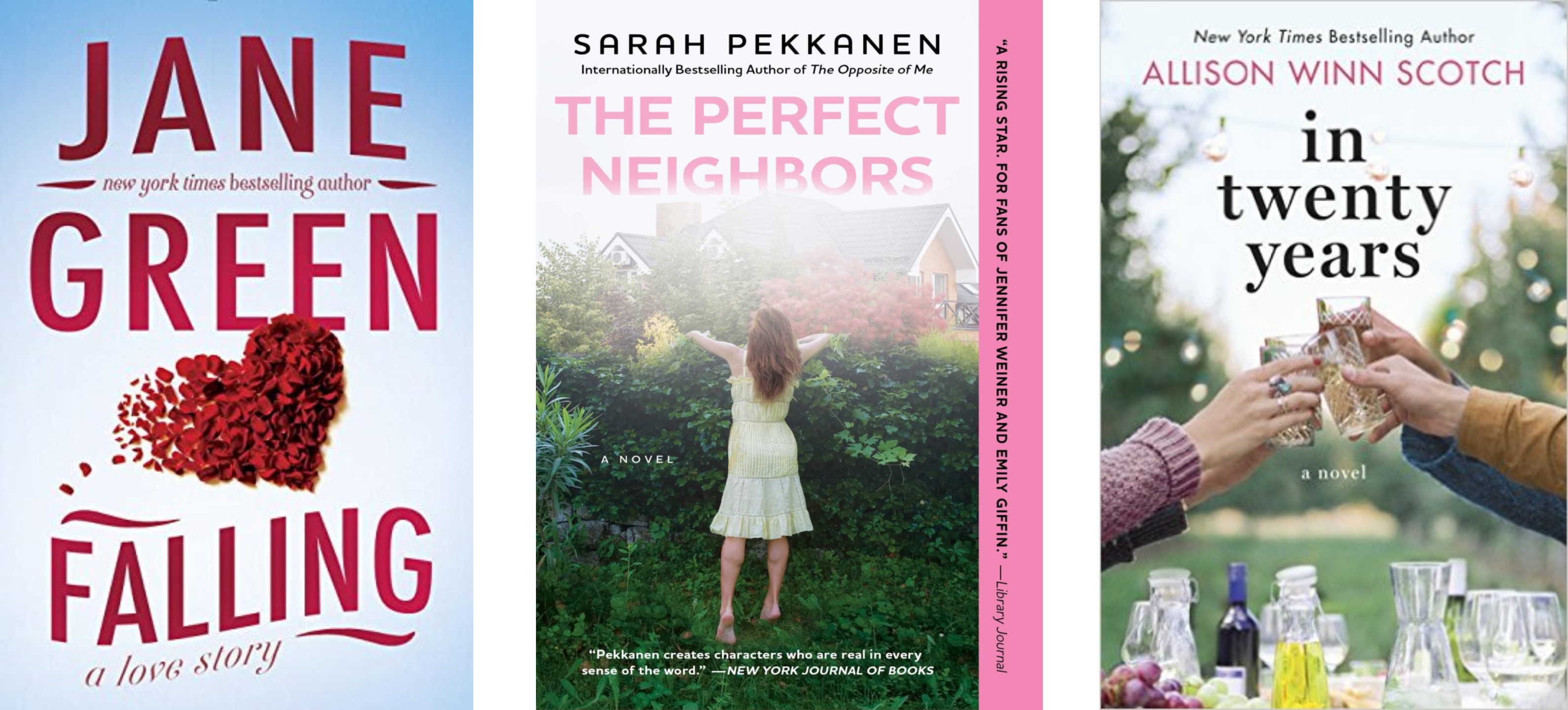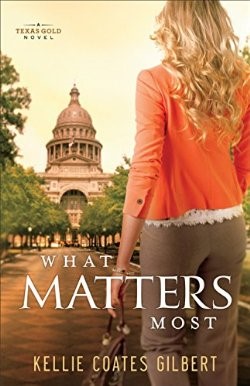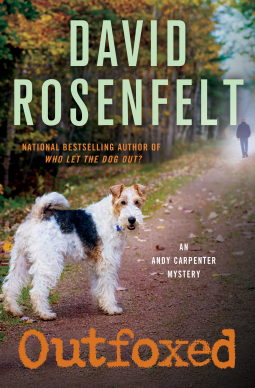
Taking a break from his usual fare of jet cars and martians, Ray Bradbury turns his sights to a setting more alien to us than any red planet or dystopic future: middle class America in the 1928. Such "in the days of yore" fare is almost everywhere now, from TV to books to political speeches, and it is very often pat and awful. But what could have been a book-length nostalgia trip of the most puckering sweetness is saved (somewhat) by Bradbury's writing and his unique sympathy that makes for a more expansive story.
No doubt, this is a book that trades heavily on nostalgia, complete with neighborhood characters, folksy discourses on the old ways, not-so-veiled digs at modern — for the late 1950s — entertainment and conveniences, and long, loving descriptions of typical summer tropes like fresh-cut grass and the buzz of cicadas. It is exceedingly quaint and especially now I find it hard to read such "back in the day" lore without expecting some screed against millennials, minorities, taxes or all of the above to follow. But I was able to pocket my cynicism for a few minutes a day and travel back to 1928 Illinois.
One of the successes of Dandelion Wine is the way Bradbury breaks the narrative up to inhabit different perspectives and experiences. Though Douglas Spaulding is at the center of these summer happenings, Bradbury lets us see through the eyes of other townsfolk, making the story more immediate and real. He does this best through the story of "the Lonely One," a figure connected to a string of murders in the town that lurks through gossip and whispers throughout the novel. To the young boys it's exciting, a story to be shared for titillation and to demonstrate their boldness when staying out late or taking a shortcut home. They even feel sad when the Lonely One is stopped and their game is nearly ruined. Bradbury could have left it there and it would have been just part of the scenery of a youthful summer, but he takes us away from the boys perspective and reminds us of the real stakes the children don't fully grasp.
Our first serious encounter with the Lonely One is in an early chapter seen through Douglas's brother, Tom, on a night that Douglas is late coming home. Tom watches as their mother becomes more and more agitated as it gets dark and the hours go by with no sign of Douglas. She calls out the door, tries to talk herself down, and eventually walks with Tom to the edge of the wooded ravine to call for Douglas into the silent and dark forest. Bradbury draws the experience out, illustrating the signs of tension in Mrs. Spaulding's voice and behavior and how Tom picks up on those worries even if he doesn't fully understand the stakes. A later chapter finds a young woman discovering the dead body of one of his victims, and facing the risk of a nighttime walk back through that same ravine. These are genuinely frightening chapters in a book where you would expect the kind of bandits that would be foiled by a gang of pre-pubescent boys, and they make the novel feel real in a way other sepia-tinged stories don't.
Many writers seem to iron these complications out of their origin stories, but they are what save Dandelion Wine. Coming of age stories are usually locked onto one character or group and a quest of some sort (often to have sex). Everyone else is simply window dressing. But coming of age in Bradbury's novel means learning that everyone has a story. The summer of 1928 isn't about Douglas's quest for new sneakers, that is just one of many stories he has in this novel, and his is just one of many summers experienced in Green Town in 1928. That summer will mean something else entirely to Lavinia Nebbs, William Forrester and John Huff and that is what Douglas discovers. In short, Dandelion Wine is unique because it is specifically about the awakening of a fiction writer.
Bradbury also understands that a book trading in nostalgia is ultimately a book about loss. After all, who would want to bother with a book about the old days and how they were exactly the same as today? Douglas faces two deaths that summer, his good friend moves away, he nearly witnesses an attempted murder. It's handled pretty lightly in this book — despite my enthusiasm for the dark parts of the story, it is really a testament to summer and youth — but this is heavy stuff and it makes you feel that the author respects you in a way that is rare in this class of story.
From the start, the folksy nostalgia is pretty heavy, I definitely put this book away a couple times without being able to finish the first chapter. Obviously, if you like that kind of story you will enjoy this book, but even if that isn't your usual speed, I think you may find some pleasant surprises in Dandelion Wine. I give it 3 stars, a decent vacation read that can fit in your pocket.

 Log in with Facebook
Log in with Facebook 




